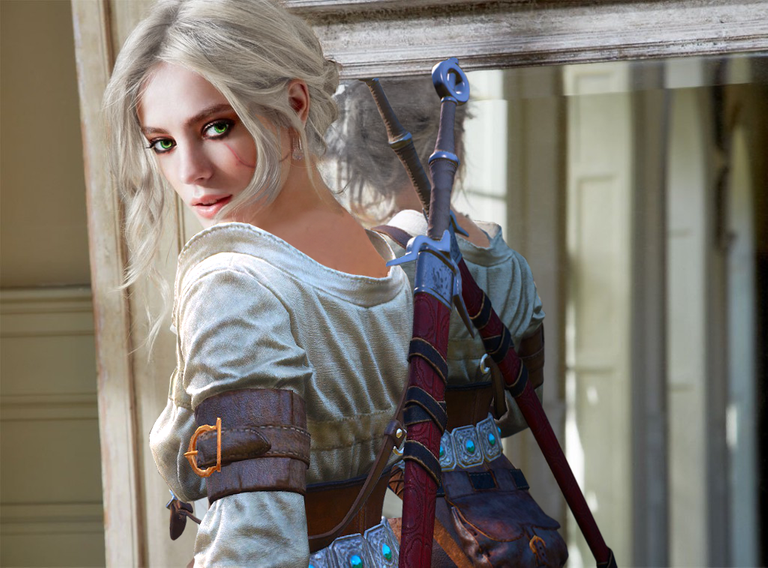
What is the point of realistic looking characters without amazingly convincing Artificial Intelligence?
Since they're inception, video games have inserted deep roots into an increasing percentage of the human population's lives. However, the question has always been asked: what is the ultimate video game? Is it the game the offers the most experiences, such as a 500 game party pack...which might include monopoly, and chess? Or is it the game which features the most games WITHIN a game, such as we might see within the Grand Theft Auto series? I'm not entirely sure, however, all I do know is that increasingly sophisticated graphics have been one primary focus for the evolution of the industry.

It started with simple Atari games, which required no more than a few pixels. Now we have virtual reality, as we blow resolutions into the stratosphere, moving even beyond 4k- we're not not just blowing up these resolutions, but we're also moving them closer to our gaze. It seems like we may eventually reach that strange point known as the "uncanny valley".
The Uncanny Valley, as described by Wikipedia:
In aesthetics, the uncanny valley is the hypothesis that human replicas which appear almost, but not exactly, like real human beings elicit feelings of eeriness and revulsion among some observers.

In a nutshell, as graphics continually get more intricate, due to expansion of computing power (Moore's Law, where chips continually get double as fast, at half the cost, over a defined period of time- about one and a half years, to two years) the characters that we encounter in many games begin to confuse our minds. Video games have always shared one central aim- to blur reality, so as to suck the attention of the player in. Perhaps the fact the graphics continue to improve is merely a side-effect of this. If we have better graphics, then more easily can we believe the world in which we're playing.

It'll be a decent while before we cross the uncanny valley, and it doesn't even seem like we're truly close yet.
Once we're upon the UCV phenomena, we'll struggle to differentiate video game characters (especially in video/photographs of the game) from real life people. However, there will be one very important facet that cannot be overlooked to TRULY cross the uncanny valley, and make these characters as indistinguishable from reality as possible. That often overlooked feature is intelligent A.I., rivaling the intelligence of humans- at least within the confines of what ever rules a specific game's sandbox allows, for both the A.I. and human player.
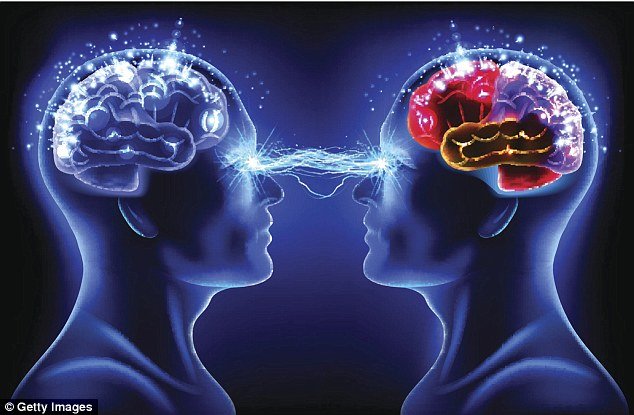
Less and less it feels like graphics are important, as adding specular diffusion, and increased bump-map quality can only go so far. Perhaps we may even already have games that could be EXTREMELY believable, and on the frontier of the UCV...but we neglect to focus on quality A.I.
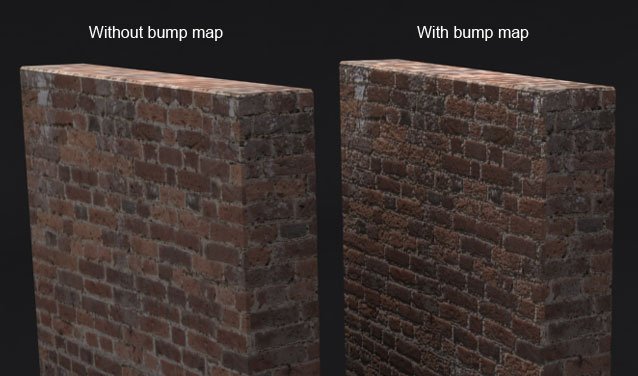
Personally, to me, I believe AI + Graphical Quality should both be maximized for any major AAA release. Developers need to push the envelope just a bit further with every single release, and strive to be better than the best product out there.

Maybe it's an issue of smaller teams and resources. Making a game is extremely costly, and publishers/investors grow impatient, and too often push a game out of the door early. It's difficult to even receive a full game these days, without having to wait for "expansion packs", or those first week (or year's set of) patches. I get it- it's difficult, and teams already put massive hours into this.
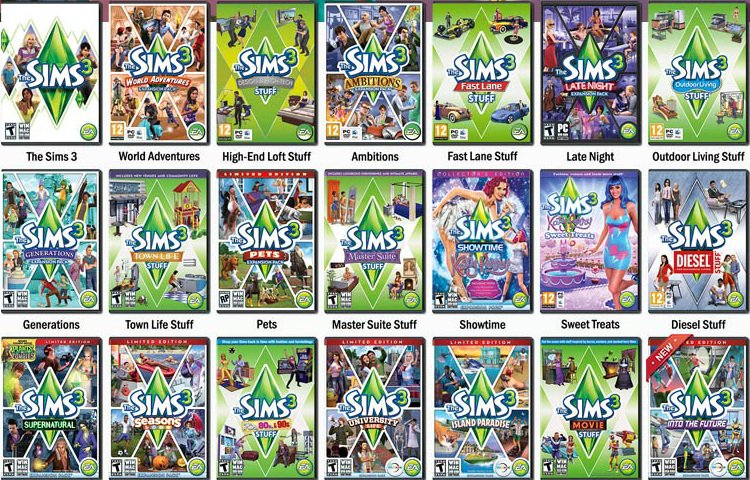
I propose, however, that maybe developers should focus increasingly less on graphics teams, and should divert more of those resources over to research/implementation of high level A.I.
Such a proposal would be easier for bigger studios, such as Electronic Arts, and Rockstar. The teams that develop A.I. that can TRULY learn, and be upgraded in a modular fashion (such as through a kind of software/firmware update), should be able to license out this A.I. to other teams. They could create different A.I. for different genre, even.
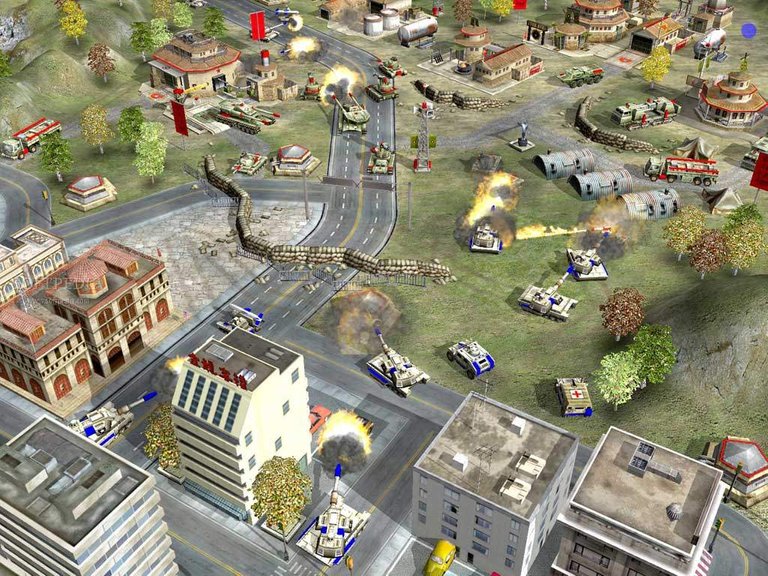
These days, as an experienced gamer since 1992, less and less do I care to play a game for the "graphics", as I did most of my earlier days. What matters the most to me about games is the innovative new experiences that a game can provide. This is what draws me to all of the indie games- someone is telling an honest story, or providing a game play experience that can't yet be found elsewhere. Games I've enjoyed without needing fancy graphics include:
Emily Is Away 2 = Highschool "AOL" Instant Messenger simulator

Papers, Please = You play a passport control agent, in a totalitarian Eastern European city.

Gone Home = You play a daughter returned home from college, only to find a house full of family memories/secrets.

You see, these games often times did NOT need fancy graphics (although Gone Home was a decent enough looking game). They did however house ART, and creative experiences, that gave me conversational tidbits that will last a lifetime. I can't say the same for many "mainstream" games, despite them adding better graphics, and the occasional new gameplay feature (such as being able to hack the streetlights around you). This is no longer enough...for my generation, at least.
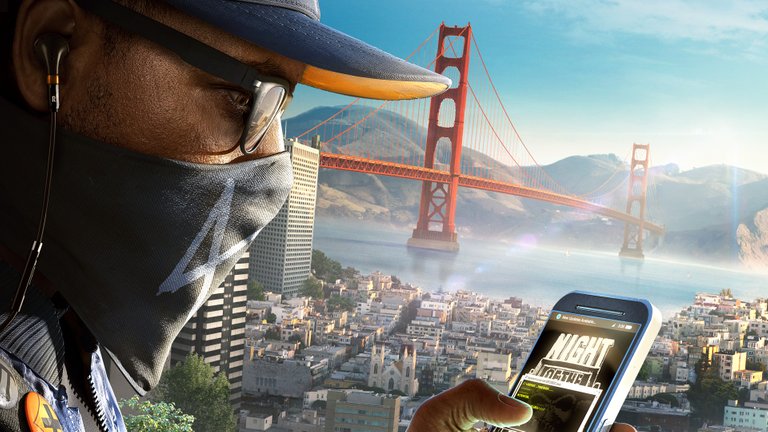
The developers and publishers who will realize the most success moving forward, at least in those AAA BIG games, will be those that strive to innovate in A.I.
A.I. which:
-Uses all of it's senses in real-time, in order to perceive the world around it. (Dogs will indeed smell, and people will seamlessly move between states of engagement with this world)
-Truly lives, and has a detail-focused world built around it that enables it to use the restroom, eat, drink, and work for a living
-Changes dynamically from game experience to game experience...I had a completely different experience than you did, or I even did yesterday.
-Has bigger ambitions than to play a small-part extra role.
-Can make the game difficult or impossible to beat, without requiring some real thought to outsmart.
-Makes the player fall in love with them.
-Can make the player laugh, without prerecorded sentences, by learning how the player ticks.
-And much more.!
I could spend all day listing the ways that A.I. can be creatively improved toward a direction that will marry graphics and gameplay, to bring excitement back to many games.
Without a singular focus on A.I., there can be no next-gen, and anything that is released without a focus on this is but an imitation of what the next real evolution will be.

Thanks for reading, Steemit friends :)

hey Omar, another nice post, and great meeting you at the EOS party last week! In case you didn't catch it, also gave you a big "shout-out" in my "EOS Highlights and Favorites from Ethereal and Consensus 2017" post.
BTW, noticed you had removed some of the videos you recorded from Consensus. Did they request you take them down or something? Anyway, pleasure meeting you again and keep up the great work!
Just one more thing... not too hard to believe we'll all be living inside some sort of "matrix" in the not-to-distant future, if we're not already! 😱😵:o
Agree graphics are not everything, I very much enjoy many games that are quite basic in that department.
What I find far more important is the gameplay itself and deep story if applicable. AI itself is hard to do well but is a must in some genres and I hate it when a game obviously cheats to try and mask poor AI.
The push to better and better graphics in AAA games seems to have pushed these "important" elements into the background and I feel is a large factor in the rise of indie games.
Excellent post, man. I completely agree. I still tend to play games like Warcraft that have horrible graphics. Looks aren't everything. Once we do get the AI to match the aesthetically pleasing graphics, that's when gaming will be for everyone. Kids, teenagers, young adulta, and old. Keep up the great work!
Cheers,
@clayford08
are there any real AI? think they are all VI.
A better "AI" in games would require to make the amount of reactions vastly bigger. Everything is still scripted, predictable, but could have some randomness choosing the kind of reaction.